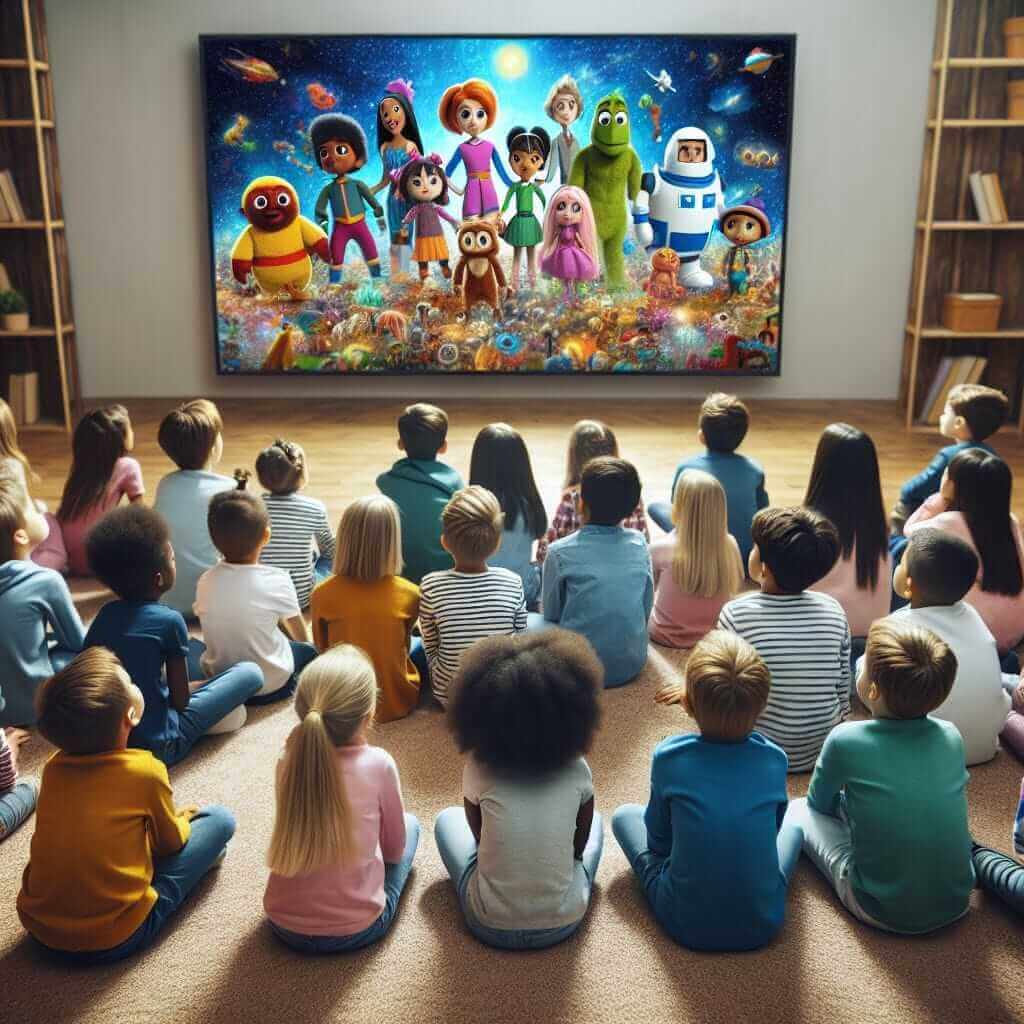The Significance of Education and Television in IELTS Speaking
As an IELTS instructor with over 20 years of experience, I often encounter the question, “How can I excel in the IELTS Speaking test when the topic touches upon education and television?” This is a common concern, as these themes frequently appear in the exam. Understanding their relevance within the IELTS speaking module is crucial for achieving a high band score.
The IELTS Speaking test assesses your ability to articulate your opinions, analyze information, and engage in a conversation naturally and fluently. Topics like the impact of television shows on children’s education provide fertile ground for examiners to evaluate these skills.
Discussing TV’s Influence on Children’s Education
When presented with this topic, it’s essential to approach it with a balanced perspective. Acknowledge both the potential benefits and drawbacks, illustrating your points with clear examples.
Potential Benefits:
- Educational Content: Begin by recognizing that numerous television programs are explicitly designed for children’s education. Shows like “Sesame Street” and “Dora the Explorer” introduce young viewers to language, numeracy, social skills, and problem-solving in an engaging manner.
- Visual Learning: Television’s visual nature can make learning more accessible and enjoyable for visual learners. Documentaries, for instance, can bring history, science, and nature to life, fostering a deeper understanding and sparking curiosity.
Potential Drawbacks:
- Passive Consumption: Excessive television viewing can contribute to a sedentary lifestyle and limit time spent on more active forms of learning, such as reading or playing outdoors.
- Content Concerns: Not all television content is appropriate for children. Exposure to violence, inappropriate language, or unrealistic portrayals can negatively influence their behavior and understanding of the world.

Illustrative Examples from IELTS Speaking Tests
Let’s examine how this topic might manifest in the IELTS Speaking test:
Part 1:
- “Do you watch television often?”
- “What kind of TV programs did you enjoy as a child?”
Part 2:
- “Describe a television program that you believe is educational for children. You should say:
- What the program is about
- What age group it is suitable for
- What children can learn from it
- And explain why you think it is educational.”
Part 3:
- “What is the impact of television on children’s learning?”
- “How can parents ensure that their children benefit from educational television programs?”
Strategies for Success
To excel in this area:
- Develop a Balanced Viewpoint: Avoid extreme opinions. Acknowledge both the positive and negative aspects of television’s influence on children’s education.
- Provide Concrete Examples: Support your arguments with specific examples of TV shows, documentaries, or news programs to illustrate your points effectively.
- Use Linking Words and Phrases: Utilize transition words and phrases like “however,” “on the other hand,” “moreover,” and “in addition to” to connect your ideas coherently.
- Practice Speaking Naturally: Record yourself answering sample IELTS Speaking questions to identify areas for improvement in fluency and pronunciation.
Conclusion
Remember, the IELTS Speaking test is not about memorizing answers but about demonstrating your ability to communicate effectively in English. By approaching the topic of television and children’s education with a balanced perspective, providing clear examples, and practicing your speaking skills, you can confidently navigate this topic and achieve your desired band score.